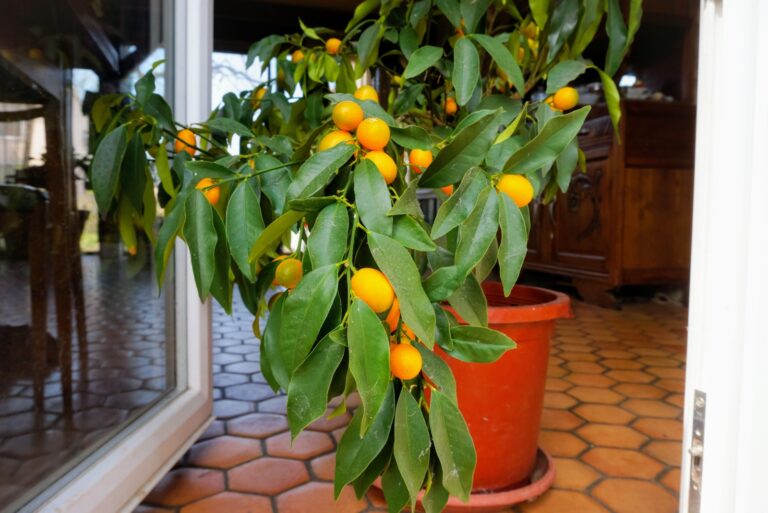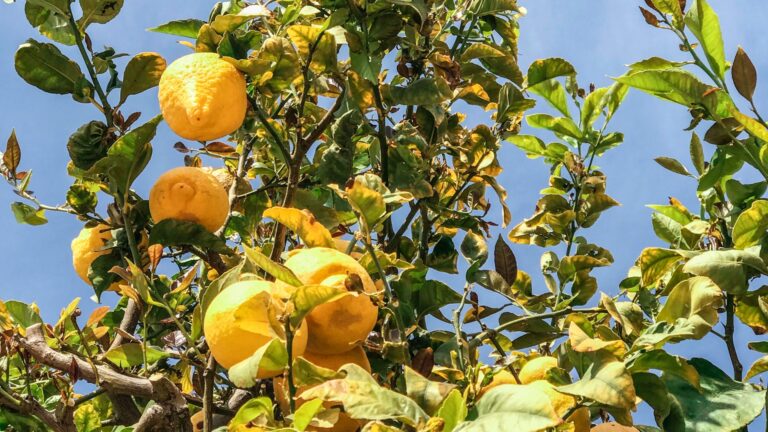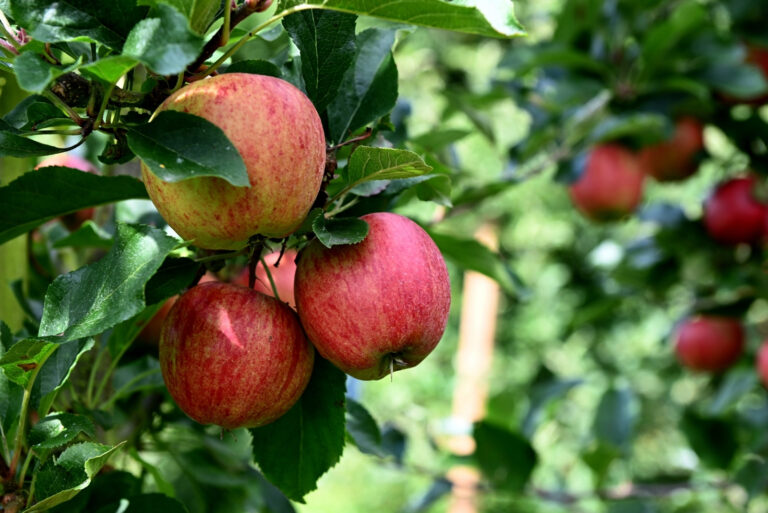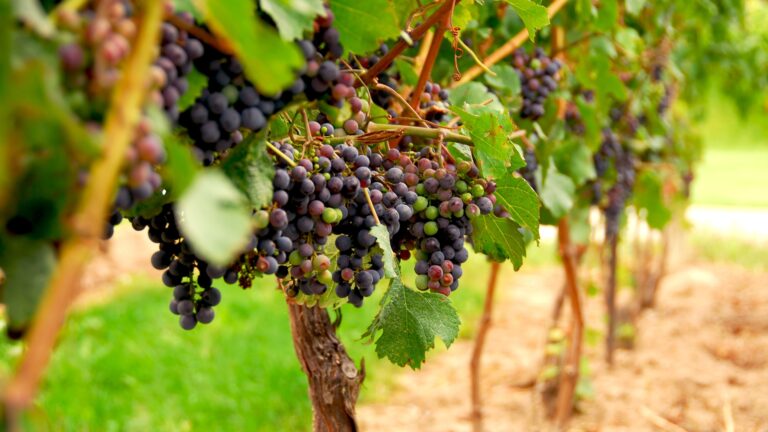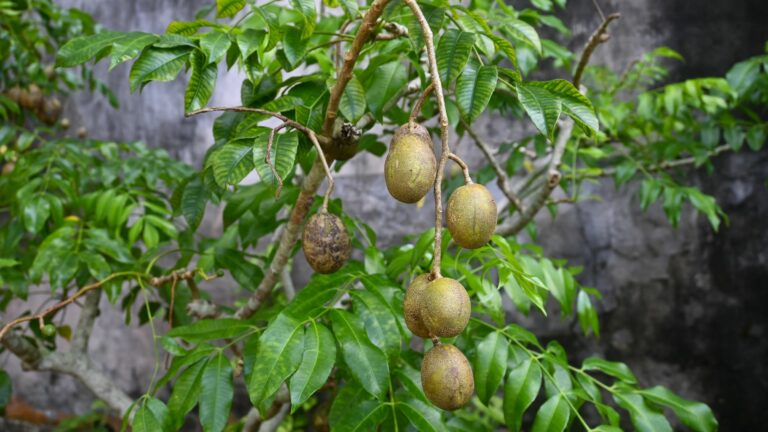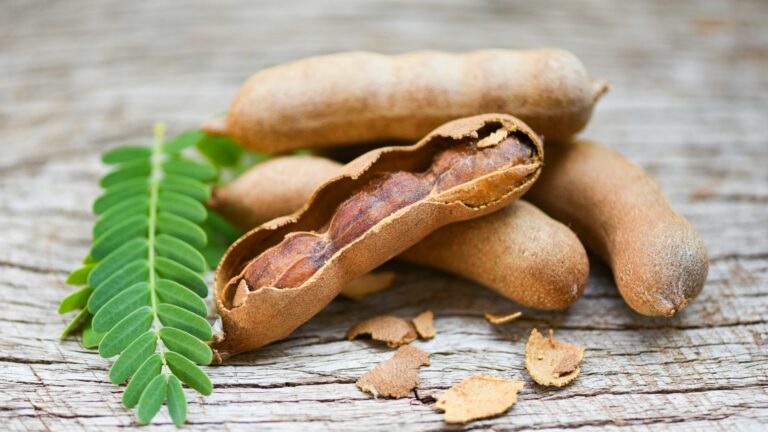9 Fruit Trees Massachusetts Gardeners Should Avoid Planting
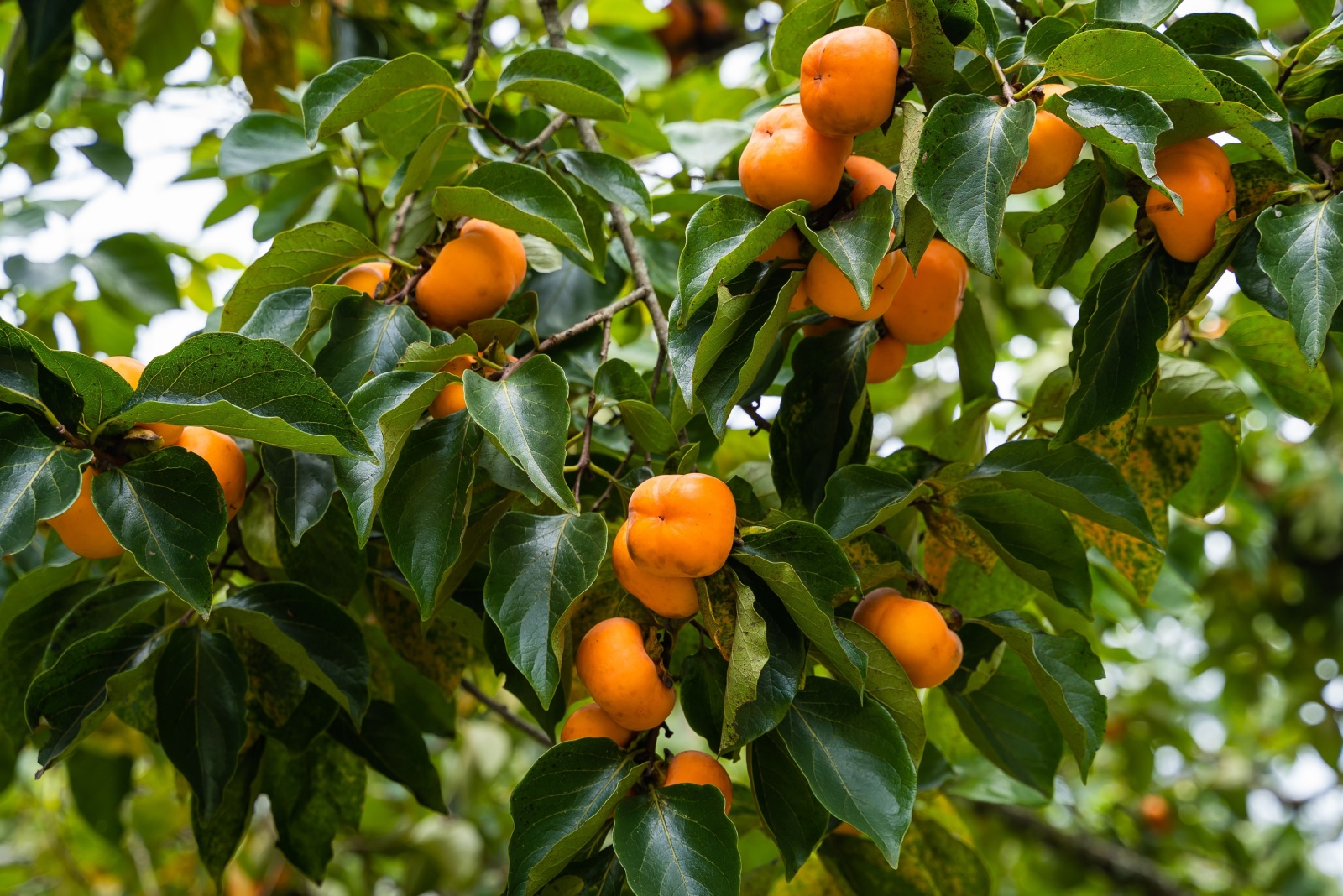
Gardening in Massachusetts presents unique challenges due to the region’s cold winters, late spring frosts, and variable soil conditions. While many fruit trees thrive in our New England climate, others simply struggle to produce or can create unexpected problems in your yard.
Before heading to the nursery this season, consider these nine fruit trees that Massachusetts gardeners might want to reconsider planting.
1. Citrus Trees: When Lemons Give You Heartache

Dreams of homegrown lemons and oranges quickly sour in Massachusetts gardens. Our harsh winters and limited indoor growing space make these tropical beauties impractical for most homeowners.
Even container-grown citrus requires significant winter protection, specialized grow lights, and constant humidity management to survive. I’ve watched neighbors struggle year after year trying to nurture potted Meyer lemons through February.
The cost of heating and lighting often exceeds what you’d spend buying premium citrus at the market, making these trees more heartache than they’re worth in our climate.
2. Fig Trees: Mediterranean Dreams Meet New England Reality
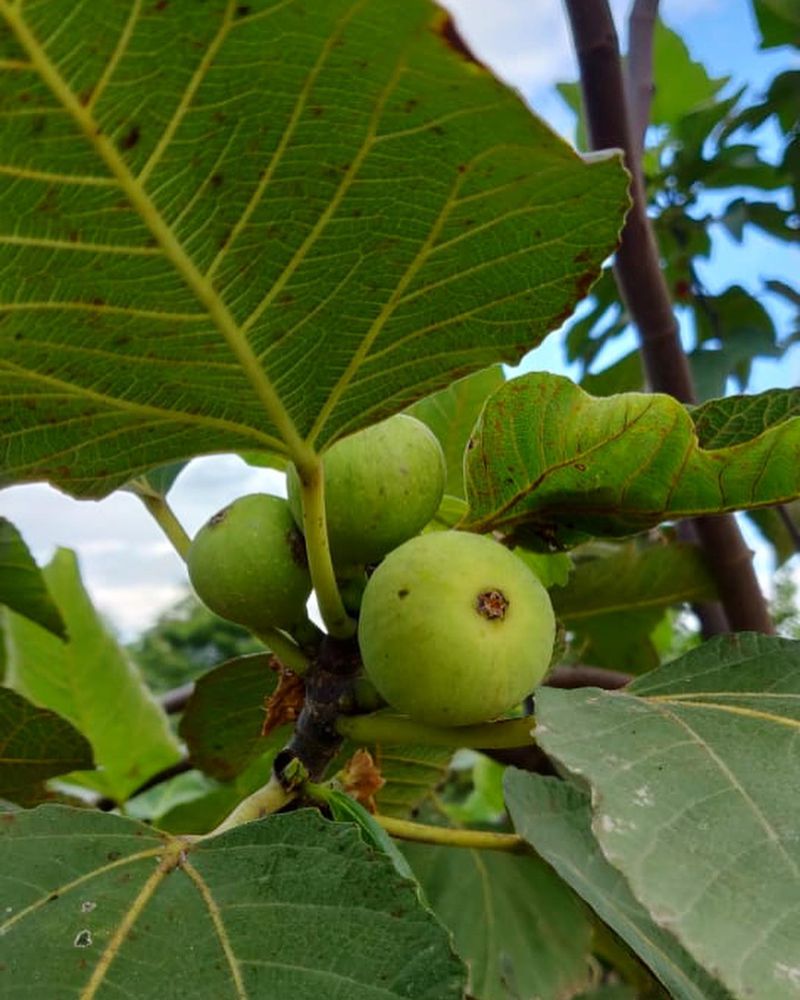
Walking through my neighborhood last spring, I noticed several fig trees wrapped in burlap and still suffering winter dieback despite protection. Massachusetts winters simply prove too harsh for these Mediterranean natives.
Most varieties can’t survive temperatures below 10°F without significant protection. Even with careful wrapping and mulching, fig trees often die back to the roots annually, forcing them to start regrowth from scratch each spring.
While technically possible to grow, the labor involved and inconsistent harvests make figs a frustrating choice for most local gardeners seeking reliable fruit production.
3. Peach Trees: Frost-Bitten Bloomers
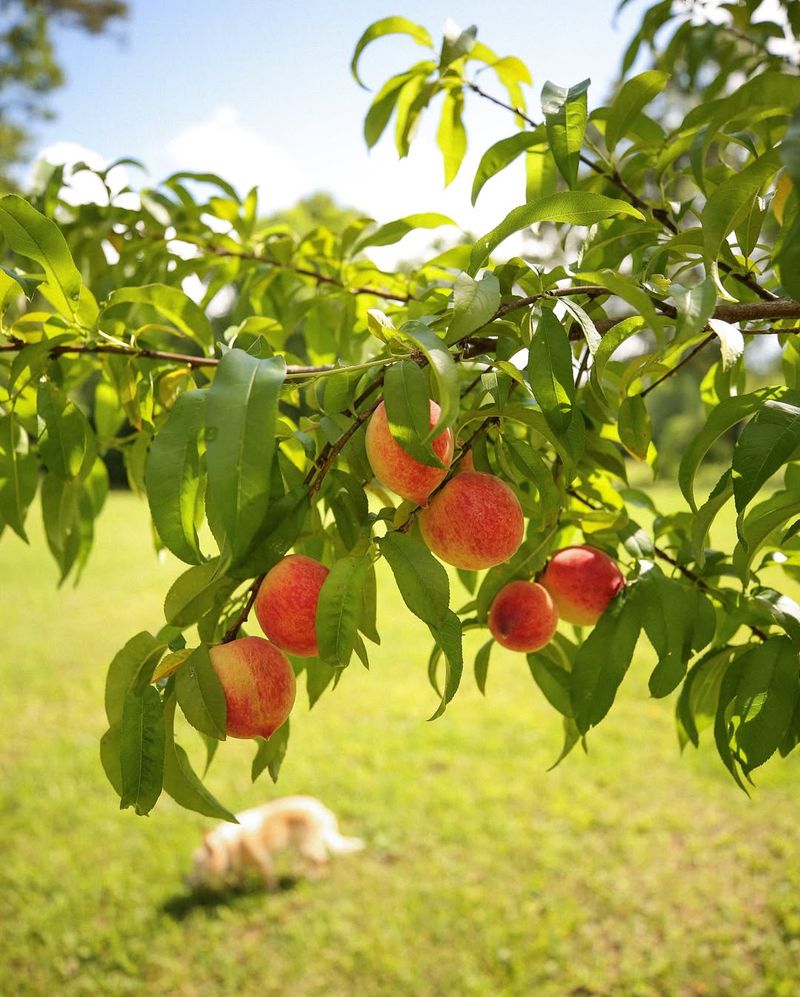
Early-blooming peach trees face a cruel fate in Massachusetts gardens. Their delicate pink blossoms often emerge during late-winter warm spells only to be destroyed by inevitable spring frosts.
Beyond bloom issues, peach trees are magnets for pests and diseases in our humid summers. My attempts with peaches in central Massachusetts resulted in leaf curl disease and fruit that never fully ripened before fall temperatures set in.
While some cold-hardy varieties exist, most require intensive spraying schedules and protection measures that make them unsuitable for casual gardeners seeking low-maintenance fruit options.
4. Persimmon Trees: Patience-Testing Fruit
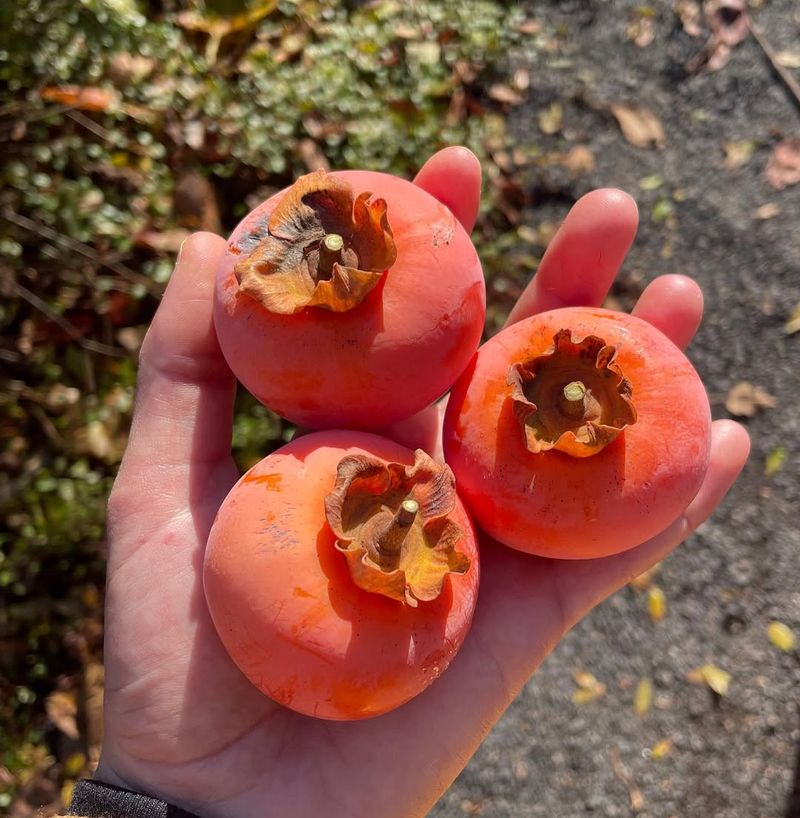
Growing persimmons in Massachusetts requires extraordinary patience few gardeners possess. American varieties take 7-10 years before producing their first fruits, while Asian types often suffer winter damage in our climate.
The astringent varieties common to our region remain inedibly tannic until after frost, creating a narrow harvest window before wildlife claims the crop. During my years at a local community garden, our shared persimmon tree produced bitter fruit that never properly ripened.
Combined with their sensitivity to transplanting and specific pollination requirements, persimmons demand more dedication than most Massachusetts gardeners can justify.
5. Avocado Trees: Northern Folly
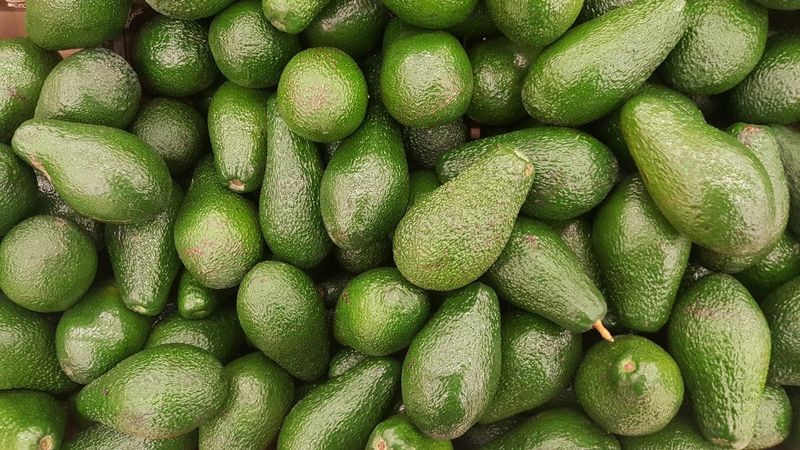
Avocado trees represent perhaps the most futile fruit tree endeavor for Massachusetts gardeners. Native to tropical climates, they simply cannot tolerate our freezing winters or short growing season.
Growing from pits makes charming houseplants but rarely produces fruit indoors. After caring for an avocado seedling for three years in my Massachusetts sunroom, it remained a lovely foliage plant but showed no signs of ever fruiting.
Commercial avocados require specific temperatures between 60-85°F to flower properly, conditions impossible to maintain year-round without greenhouse infrastructure beyond most home gardeners’ means.
6. Sweet Cherry Trees: Bird Buffets
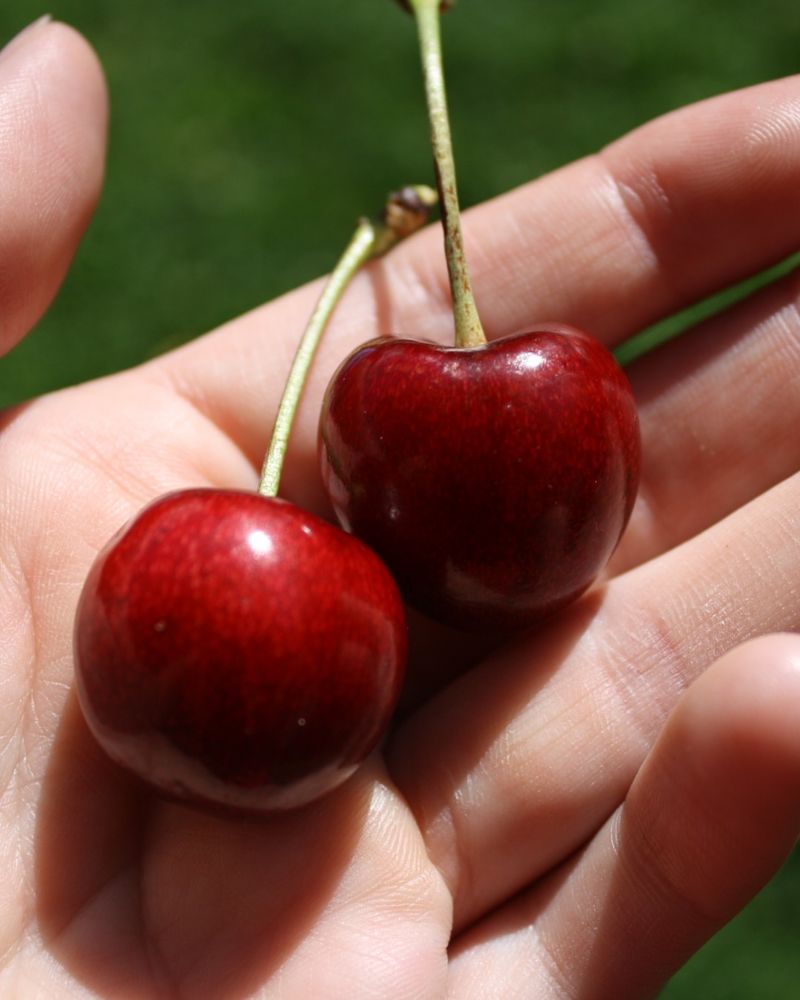
Sweet cherry harvests remain elusive for Massachusetts gardeners despite the trees’ ability to survive our winters. The primary culprits? Birds that strip trees clean before fruits fully ripen.
Protective netting becomes a necessity rather than an option, creating an unsightly and labor-intensive situation during June when most varieties ripen. My neighbor’s Bing cherry became a neighborhood joke after five years of careful tending resulted in exactly zero human-harvested cherries.
Add susceptibility to bacterial canker in our wet springs and the requirement for multiple trees for proper pollination, and sweet cherries quickly lose their appeal.
7. Pawpaw Trees: Native But Finicky
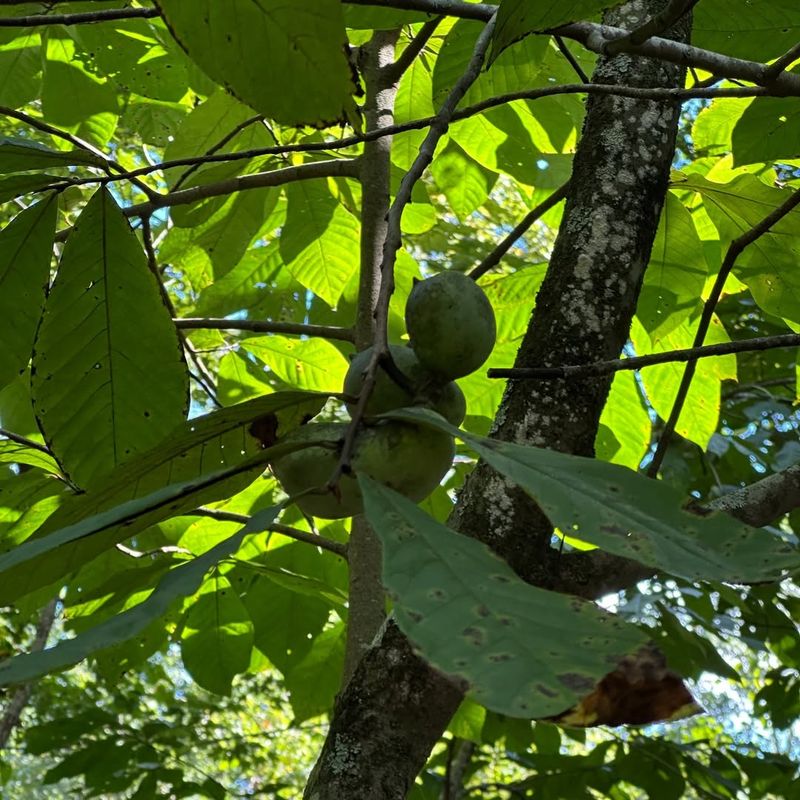
Despite being North America’s largest native fruit, pawpaws present surprising challenges in Massachusetts landscapes. Their tropical-looking leaves and custard-like fruits might seem appealing, but establishment proves difficult.
Young trees require filtered shade for the first few years before transitioning to full sun—a tricky balance in most home gardens. Cross-pollination necessitates planting at least two genetically different trees, consuming precious yard space.
The fruits’ extremely short shelf-life (2-3 days after ripening) means you’ll need to process your harvest immediately, creating a frantic September rush most gardeners would rather avoid.
8. Apricot Trees: Heartbreakers Of New England
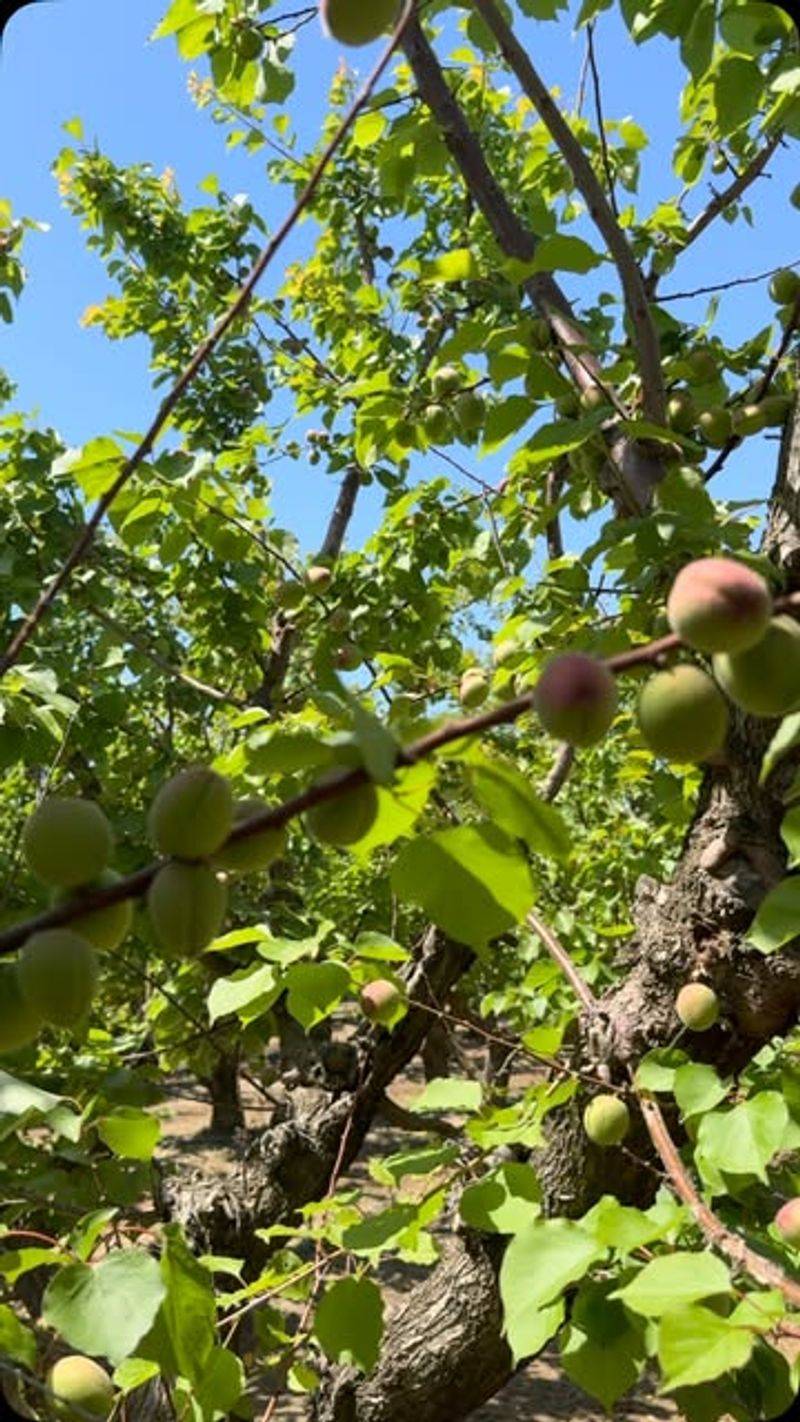
Few fruit trees crush Massachusetts gardeners’ spirits like apricots. Their early-blooming habit virtually guarantees frost damage to flowers most years, resulting in empty harvests despite healthy-looking trees.
For five consecutive springs, my eastern Massachusetts apricot produced gorgeous February blooms during warm spells, only to have March frosts destroy any chance of fruit. Even when flowers survive, our humid summers promote brown rot that quickly ruins developing fruits.
Cold-hardy varieties exist but still bloom too early for our unpredictable springs, making apricots a gamble that rarely pays off in our region.
9. Mulberry Trees: Messy Invaders
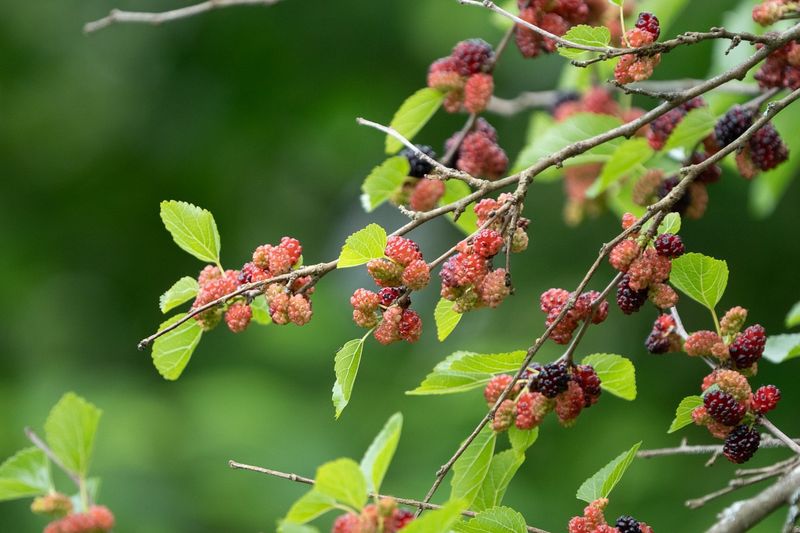
Mulberry trees might survive Massachusetts conditions, but they create more problems than pleasures for most gardeners. Their prolific fruits stain everything purple—patios, cars, shoes, and pets aren’t safe during the dropping season.
Walking through Boston’s Jamaica Plain neighborhood last summer, I noticed purple-stained sidewalks beneath several mature mulberries, with frustrated homeowners attempting to clean the mess. Birds spread the seeds everywhere, resulting in unwanted seedlings throughout your property and neighboring yards.
The fruits themselves, while edible, lack the complex flavors that make other berries worth the trouble.

